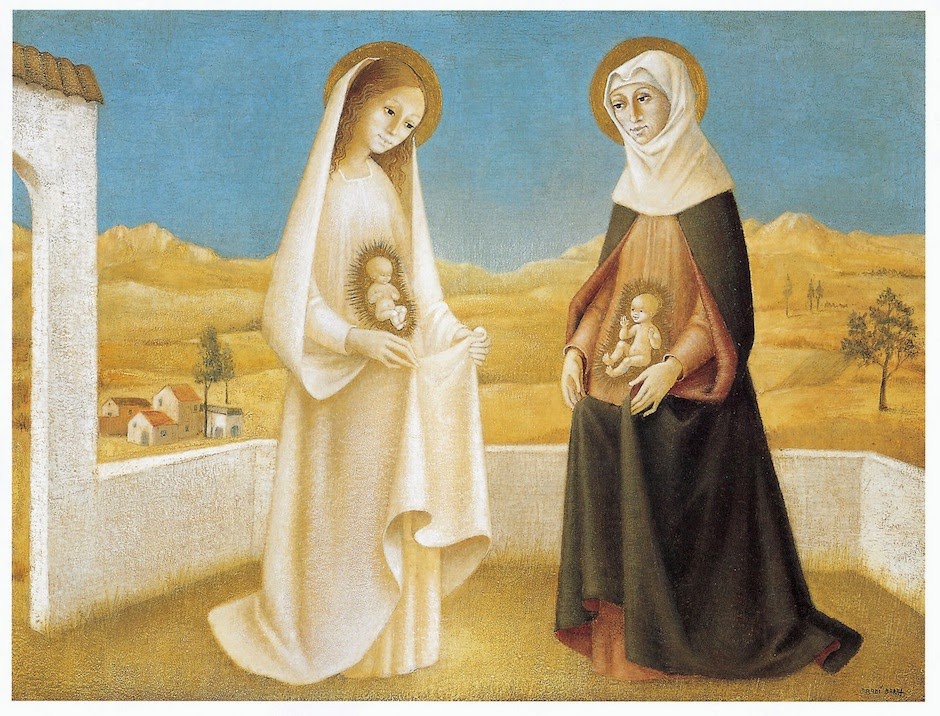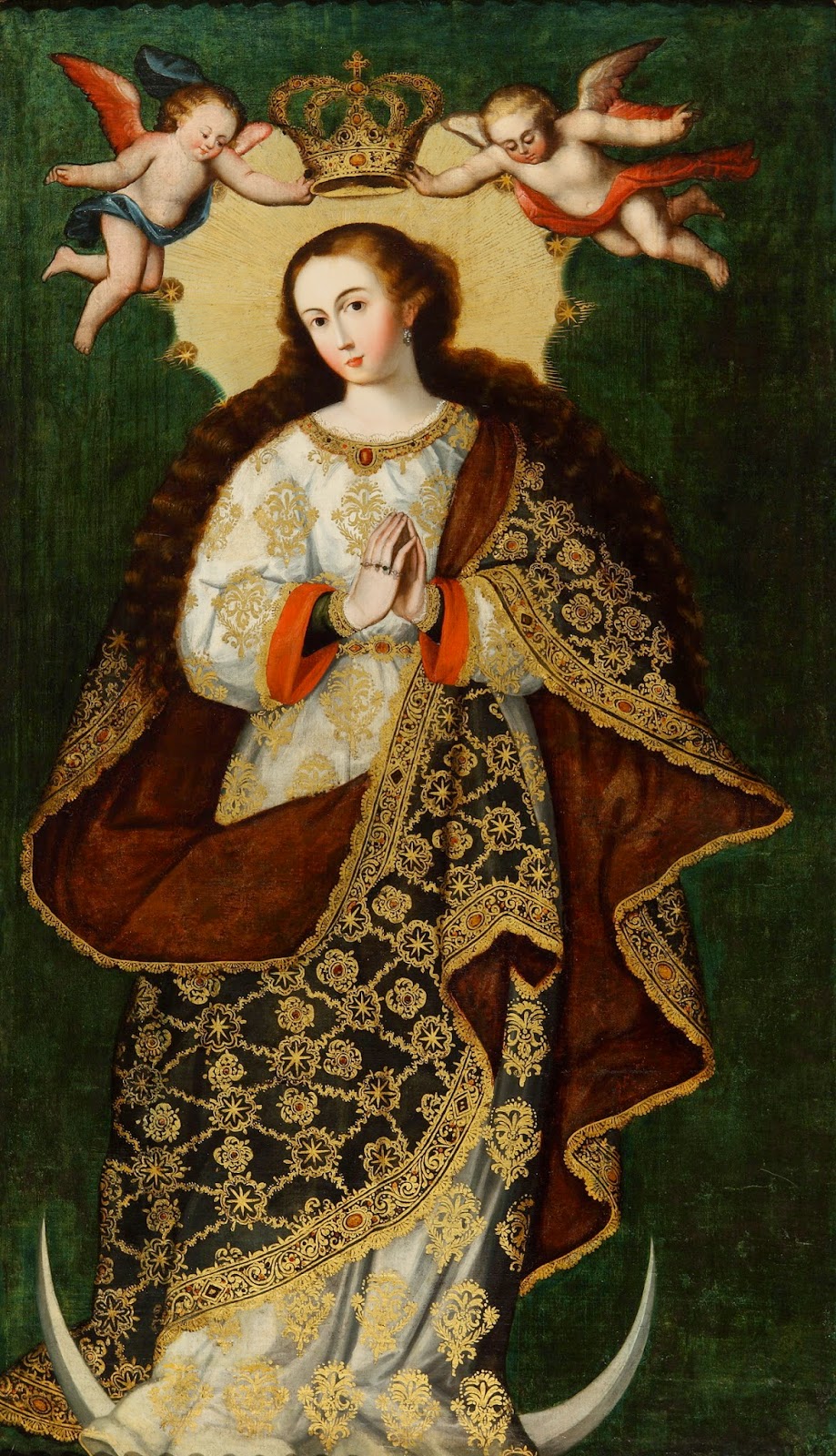but because you do, and because every lie is alien to the truth.
We know the truth. We have the anointing from the Holy Spirit who guides us into all truth (cf. Joh. 16:13). He takes from what belongs to Jesus and the Father and declares it to us. We read this. But doesn't it feel different sometimes? We are told we have a map but sometimes we feel as though we are just as lost as anyone.
We are invited to become who we are more completely. We are invited to embrace the anointing and guidance of the Spirit. He is pointing us back to the core of our faith. What the Spirit does in John the Baptist he also does in our hearts. He helps us to look at Jesus and hear the voice of the Father telling us who he is.
When we embrace the Word we hear the Father speaking we are protected from error "because every lie is alien to the truth." When we live in the truth we recognize that lies are alien. There otherness is evident.. The darkness can only pass as light when we take our eyes off the light long enough that they can adjust to the darkness.
Look up, says the Spirit. Jesus is the "true light which enlightens everyone". He is "full of grace and truth" and wants to give them to us. From him we receive "grace in place of grace". Sing a new song, he tells us. Are we singing yet? We have good reason to sing. We "have all knowledge" because the Word who was with God in the beginning has become flesh. We have life and light because the one who is life and light has come to us.
There are plenty of antichrists in our world today. We know this. They promise secular salvation. They promise alternatives to the cross where we can just follow our bliss all the time. They say that we can put ourselves first and the details will work themselves out. They promise alternatives to the grace and truth offered by Jesus. They are liars and the truth is not in them.
We need to stay in the light which shines forth from Jesus. The Holy Spirit testifies to this light in our hearts. When we are tempted to look away because the light is too bright he encourages us to keep our eyes fixed on Jesus, the author and perfector of our faith (cf. Heb. 12:2). We stand in the truth by keeping our eyes on him. When we do this we see not only Jesus but also who we are in him.
But to those who did accept him
he gave power to become children of God,
We become who we are by clinging to the truth of the Word we receive. We do this when we fix our eyes on the one who is the Word. We hold him before our vision. We see the truth of who he is and in turn the truth of who we are in him. When we see this we are protected from lies and errors. They are revealed as empty before the glory of Jesus. See what? This:
And the Word became flesh
and made his dwelling among us,
and we saw his glory,
the glory as of the Father’s only-begotten Son,
full of grace and truth.
Are we singing yet?
Let the heavens be glad and the earth rejoice;
let the sea and what fills it resound;
let the plains be joyful and all that is in them!
Then shall all the trees of the forest exult before the LORD.























